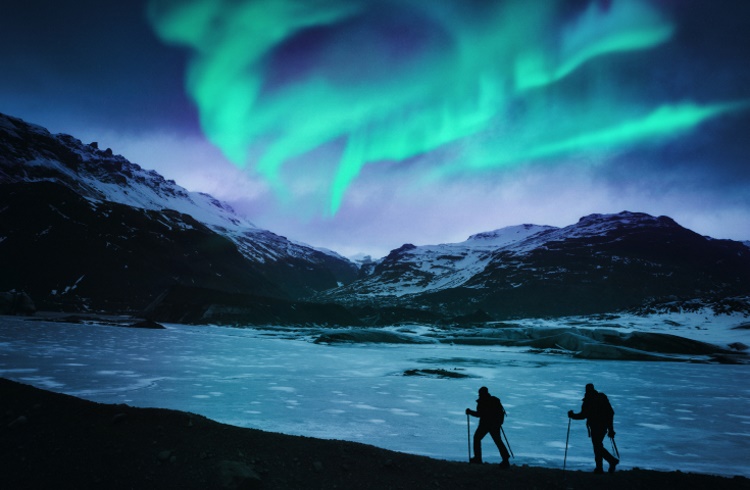Iceland
The most beautiful place of Earth 🌍

A Symphony of Elements
An underpopulated island marooned near the top of the globe,
Iceland is literally a country in the making.
It's a vast volcanic laboratory where mighty forces shape the earth:
geysers gush, mudpots gloop, ice-covered volcanoes rumble and glaciers
cut great pathways through the mountains. Its supercharged splendour
seems designed to remind visitors of their utter insignificance in the
greater scheme of things. And it works a treat: some crisp clean air,
an eyeful of the cinematic landscapes, and everyone is transfixed.
The Power of Nature
It's the power of Icelandic nature to turn the prosaic into the
extraordinary. A dip in a pool becomes a soak in a geothermal lagoon;
a casual stroll can transform into a trek across a glittering glacier;
and a quiet night of camping may mean front-row seats to the aurora
borealis’ curtains of light, or the soft, pinkish hue of the midnight
sun.
Iceland has a transformative effect on people too – its sagas turned
brutes into poets, and its stories of huldufólk (hidden people) may
make believers out of sceptics. Here you'll find some of the world's
highest concentrations of dreamers, authors, artists and musicians,
all fuelled by their surrounds.
Nordic Nirvana
Don't for a minute think it's all about the great outdoors. The
counterpoint to so much natural beauty is found in Iceland's cultural
life, which celebrates a literary legacy that stretches from medieval
sagas to contemporary thrillers by way of Nobel Prize winners. Live
music is everywhere, as is visual art, handicrafts and locavore
cuisine.
The world's most northerly capital is home to the kind of
egalitarianism, green thinking and effortless style that its Nordic
brethren are famous for – all of which is wrapped in Iceland's assured
individuality.
A Personal Experience
The warmth of Icelanders is disarming, as is their industriousness –
they’ve worked hard to recover from financial upheaval, and to
transform Iceland into a destination that, thanks to its popularity
with visitors, can host more than six times its population each year.
Pause and consider a medium-sized city in your country – then give it
far-flung universities, airports and hospitals to administer, 30-odd
active volcanoes to monitor, and hundreds of hotels to run. How might
they cope? Could they manage as well as the Icelanders – and still
have time left over to create spine-tingling music and natty knitwear?